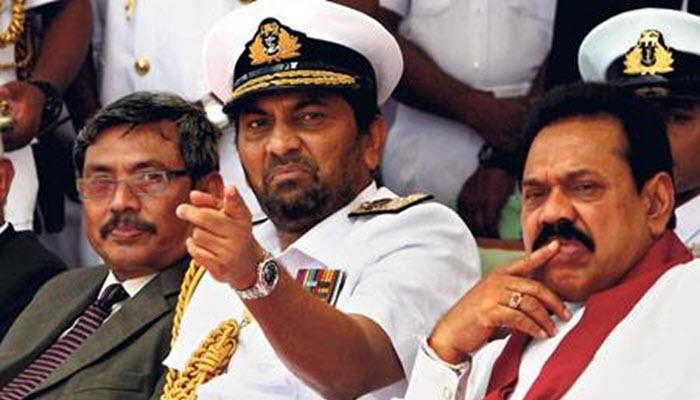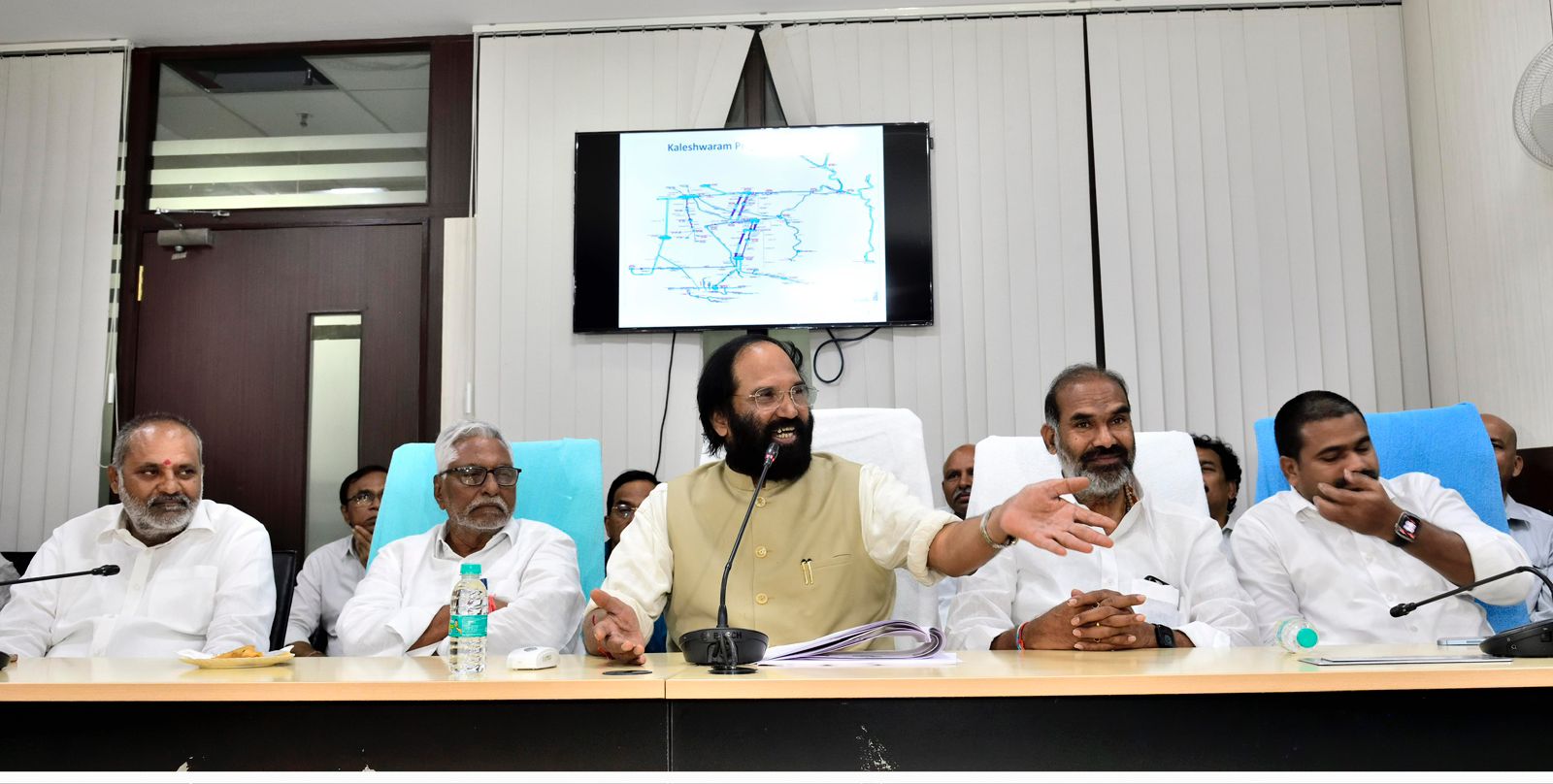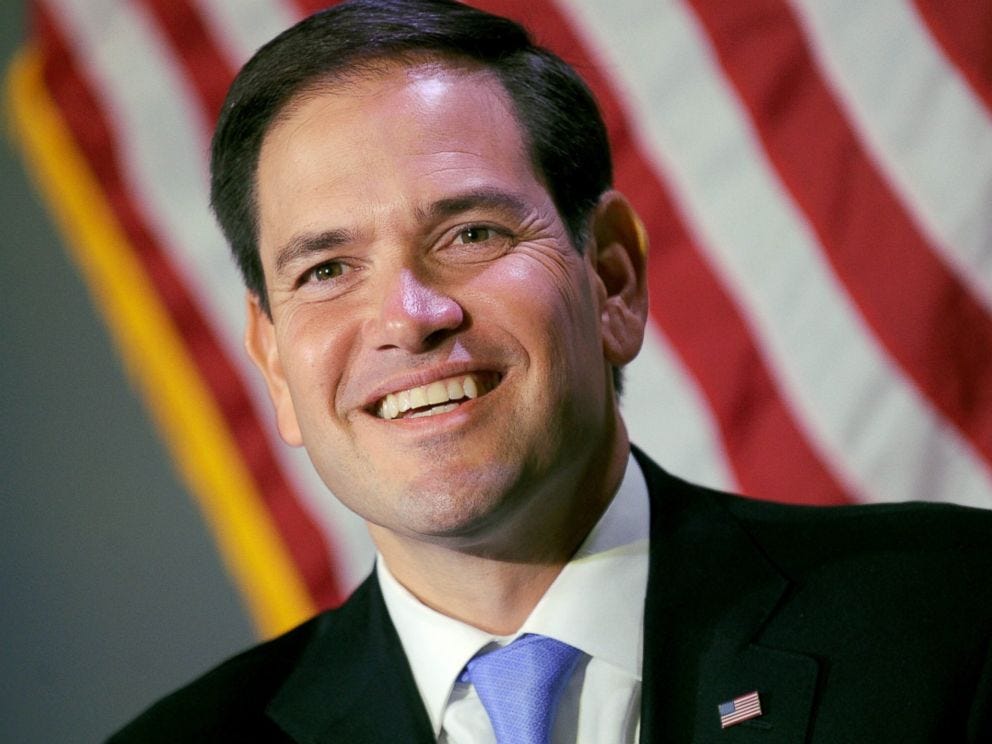US sanctions former Sri Lankan Navy commander for human rights violations

Colombo: The US has sanctioned former senior Sri Lankan Navy Commander Wasantha Karannagoda for “gross violation” of human rights during the brutal conflict with the LTTE, evoking a strong reaction from Colombo which said the “unilateral” move was “counter-productive”.
The 70-year-old former Navy commander from 2005-2009 is the second senior defence official of such stature to be sanctioned by the US for human rights violations during the final battle with the Liberation Tigers of Tamil Eelam (LTTE) in 2009.
Karannagoda was later appointed Sri Lanka’s Ambassador to Japan and currently is a governor of a province in the island nation.
In 2020, the US State Department similarly sanctioned the current chief of defence staff Gen. Shavendra Silva. He was a divisional head of the Army during the final battle and later became the Commander.
“The US State Department has designated the former Navy Commander Wasantha Karannagoda for ‘a gross violation of human rights’,” US Secretary of State Antony Blinken said in a statement on Wednesday.
“The US continues to seek truth and justice for victims of the Sri Lankan civil war”, the statement further added.
The US has sanctioned several other defence officers of Sri Lanka for their role in the island nation’s war against the LTTE, however, most of the others were junior officers in designation.
Last year the US sanctioned the military officer Prabath Bulathwatte, “former head of a clandestine Sri Lankan Army platoon known as the Tripoli Platoon”.
When named, all the property and interests of individuals or entities in the US or under the control of the US are blocked, and they and their immediate family members are made ineligible for entry to the US.
In 2021, the US similarly listed two more Sri Lankan soldiers.
Chandana Hettiarachchi, a Navy officer and Sunil Ratnayake, a staff sergeant of the Sri Lanka Army were so sanctioned over accountability for gross violations of human rights.
In a bitterly fought campaign that began in 1983, Sri Lanka’s military ended the nearly three-decade brutal civil war in the island nation in May 2009, by killing the leaders of the LTTE.
The LTTE was fighting for an independent state for the Tamilians in Sri Lanka’s North and Eastern provinces.
Though the exact date when LTTE supremo Velupillai Prabhakaran was killed by the Sri Lankan Army was not known, his death was announced on May 19, 2009.
The then-president Mahinda Rajapaksa on May 18, 2009 declared the end of a 26-year war in which over 1,00,000 people were killed and millions of Sri Lankans, mainly minority Tamils were displaced as refugees inside the country and abroad.




